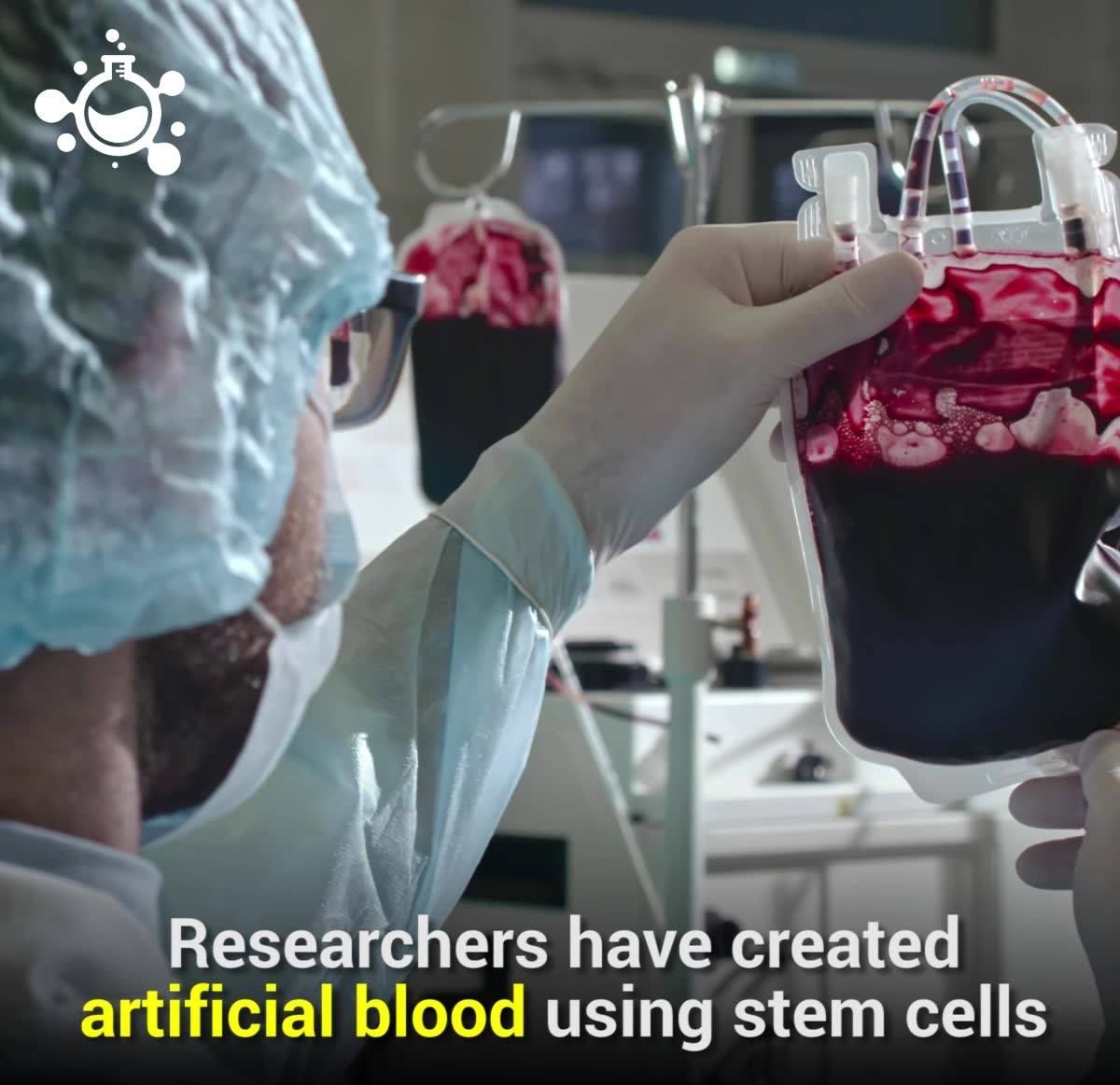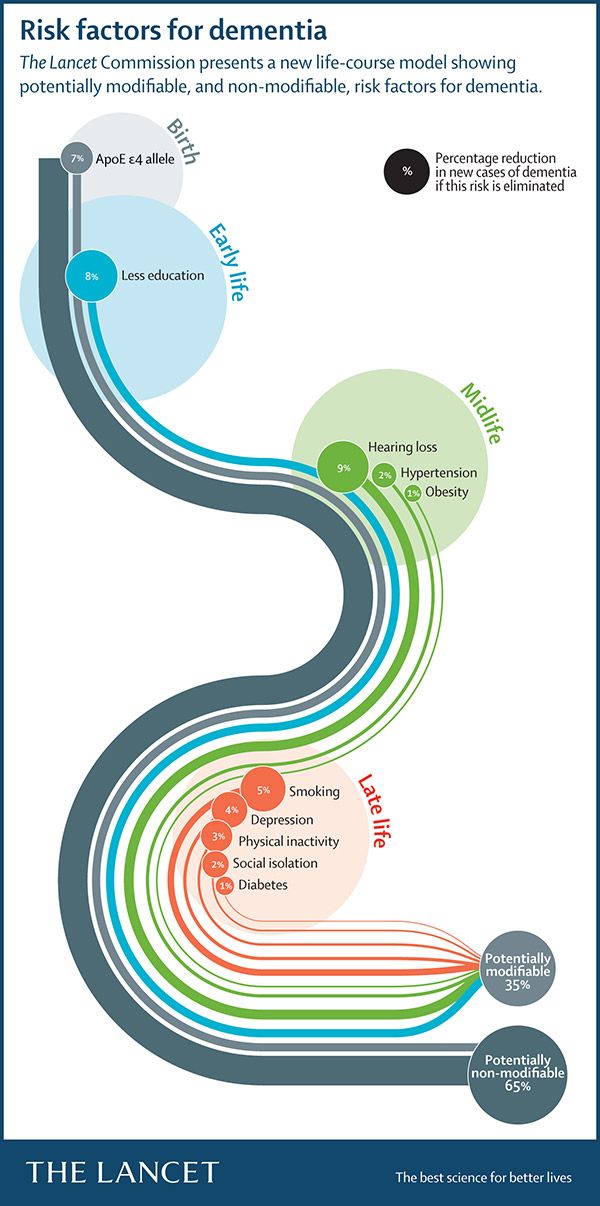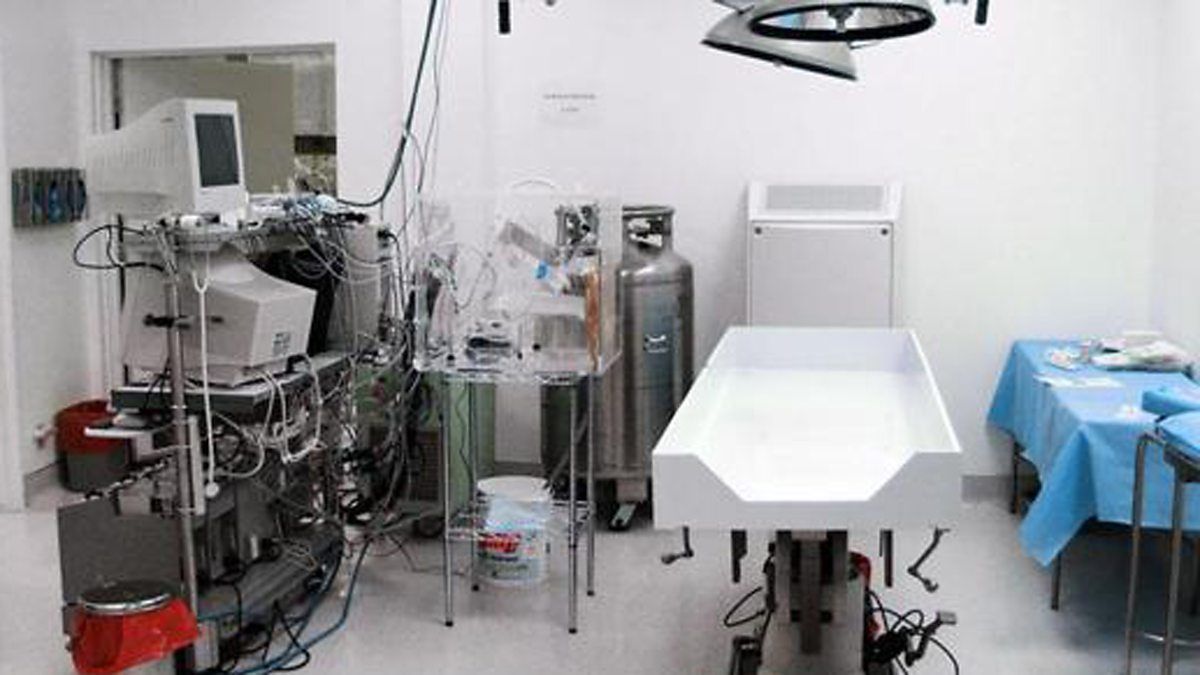Page 10118
May 22, 2018
France, China, and the EU All Have an AI Strategy. Shouldn’t the US?
Posted by Derick Lee in categories: economics, robotics/AI
France isn’t alone. Last month, the European Union’s executive branch recommended its member states increase their public and private sector investment in AIt also pledged billions in direct research spending. Meanwhile, China laid out its AI plan for global dominance last year, a plan that has also been backed up with massive investment. China’s goal is to lead the world in AI technology by 2030. Around the world, our global economic competitors are taking action on artificial intelligence.
Opinion: Rep. John K. Delaney argues that if the United States wants a prosperous economy, it needs a national plan for artificial intelligence.
May 22, 2018
Artificial blood made from stem cells could save thousands of lives
Posted by Ian Hale in category: biotech/medical
May 21, 2018
There’s New Evidence for the Mysterious “Planet Nine”
Posted by Genevieve Klien in category: space
The strange orbit of a distant object is likely due to a massive, undiscovered ninth planet traveling deep beyond Neptune, according to new models.
May 21, 2018
A little-known feature in Google Maps lets you explore our local solar system — here’s how to visit Mercury, Venus, and other planets and moons in Google Maps
Posted by Genevieve Klien in categories: education, space
Most people just use Google Maps to get directions from A to B, but it’s also an incredible educational tool in its own right.
Using Google Maps is a great way to learn more about the various cities and countries around the world. But many people might not know that Google Maps can also be used to explore other worlds besides Earth.
That’s right: If you visit Google Maps and zoom out far enough, you’ll have the option to explore several planets and moons in our own solar system.
May 21, 2018
Physical exercise doesn’t slow down dementia once it appears, study shows
Posted by Alvaro Fernandez in categories: biotech/medical, health, neuroscience
Physical exercise is a key piece of the brain health puzzle, but certainly not a magic pill.
___ Exercise ‘doesn’t slow’ progression of dementia (NHS Choices): A trial in which people with dementia took part in a moderately intense exercise programme for 4 months found their mental decline did not slow and may even have worsened faster than in people who did not take part in the programme…While the exercise.
I’m excited to announce my interview on the BBC World Service is airing around the world today multiple times to millions of people. My 4-min section on #transhumanism starts at 10:50.
Why do people chase immortality? We those who believe science is close to beating death.
May 21, 2018
How NASA Will Unlock the Secrets of Quantum Mechanics Aboard the ISS
Posted by Genevieve Klien in categories: particle physics, quantum physics, space
An Antares rocket launched from Virginia before sunrise this morning and is on its way to the International Space Station. Its 7,400 pounds of cargo include an experiment that will chill atoms to just about absolute zero—colder than the vacuum of space itself.
The Cold Atom Laboratory (CAL) is set to create Bose-Einstein condensates on board the ISS. But what’s a Bose-Einstein condensate? And why make it in space?
“Essentially, it’s going to allow us to do different kinds of things than we’d be able to do on Earth,” Gretchen Campbell, co-director of the University of Maryland’s Joint Quantum Institute, told Gizmodo.
Continue reading “How NASA Will Unlock the Secrets of Quantum Mechanics Aboard the ISS” »
May 21, 2018
Microsoft buys Semantic Machines to make AI sound more human
Posted by Genevieve Klien in categories: business, robotics/AI
Microsoft has purchased startup company Semantic Machines in an effort to make artificial intelligence bots sound more human. The Berkeley, California-based business focuses on contextual understanding of conversation.
Previously, the firm has worked with Apple on speech recognition technology for Siri. Semanitc Machines is lead by professor Dan Klein of UC Berkeley and professor Percy Liang of Standford University in addition to Apple’s former chief speech scientist Larry Gillick.
Microsoft has been working on speech recognition and natural language processing for nearly two decades now. As Cortana has gained a more prominent role in recent years, Redmond is aiming to improve the accuracy and fluency of its assistant.
Continue reading “Microsoft buys Semantic Machines to make AI sound more human” »

















